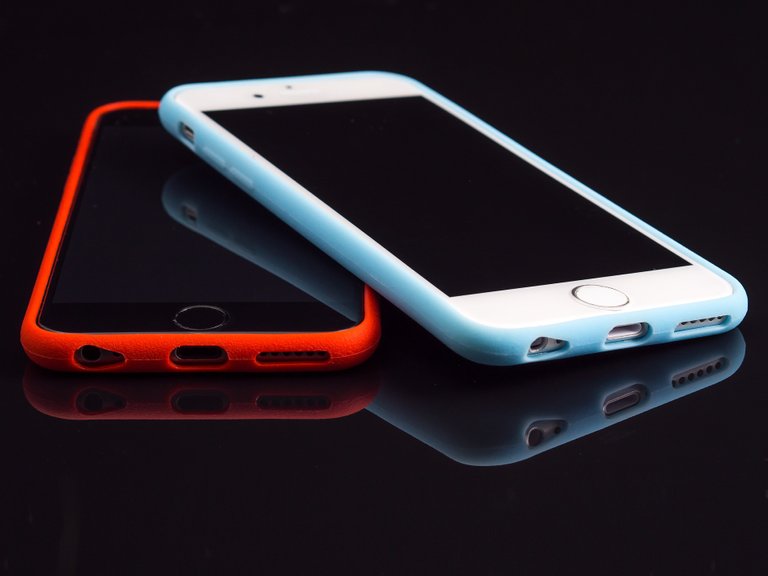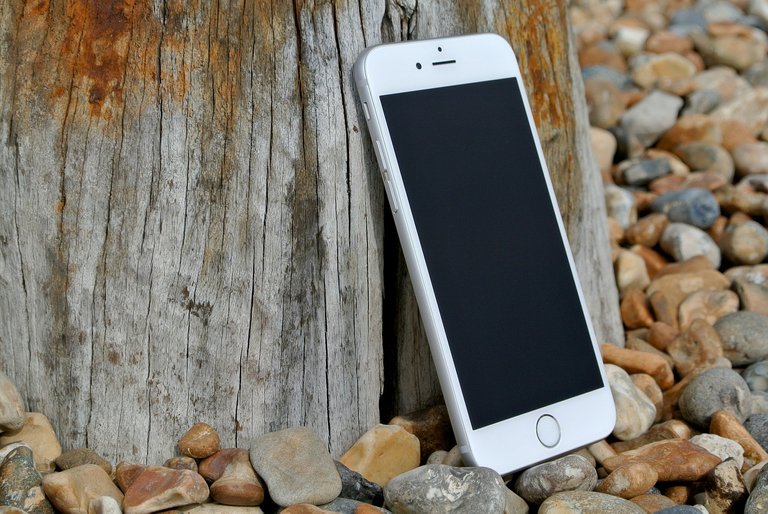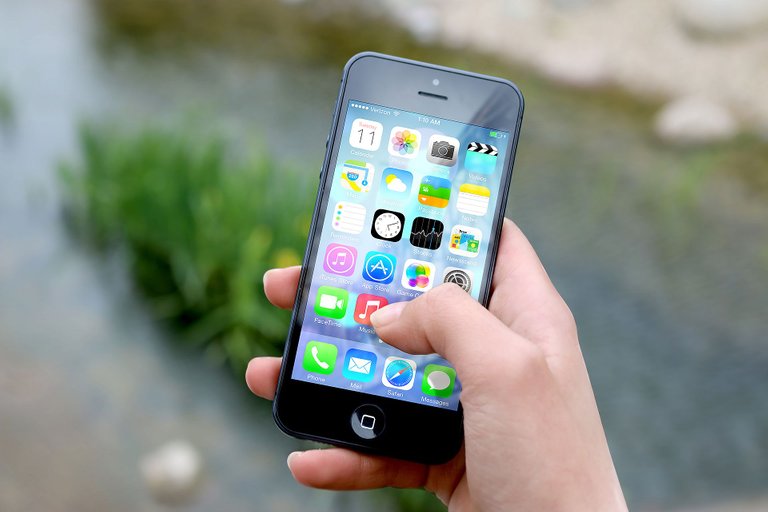
As a longtime fan of Apple products and the company's mastery of marketing strategy, I was initially in Apple's corner when it confirmed that it had been deliberately slowing down older iPhones. It was the only way to halt a much worse problem, namely that the devices would periodically shut down without notice. This all happened because the batteries would weaken over time.
But when Apple issued it's "apology" on Thursday (Dec. 28), it went so far out of its way to avoid the actual issue that it killed any sympathies I had. Indeed, that "apology" made the case better than anything else that this all indeed had been a marketing scheme to push upgrades/sell more phones. I have to assume that Apple's best marketing minds had checked out for the holidays when this note was crafted.

Let's drill into the apology and see what it actually means. But first, let me be clear about what the real issue is behind this situation. That shutdown problem was real, and Apple needed to deal with it. And Apple's solution — slowing down the system so the battery could keep up — was a perfectly fine way to address it.
The problem was how Apple rolled it out. It didn't announce that it was addressing the battery issue to fix the shutdown problem. Apple simply slipped new code into one of its routine OS updates.
The issue at play here is intent. What the company did is clear. Why it did it in the way it did it is subject to interpretation. What was Apple's intent? The Apple slant: It was poor communication. The more cynical slant: Apple was silent not out of incompetence, but explicitly so that users would see the system slowing down and choose to buy a newer phone.
What should Apple have done? One, it should have announced the patch as a way to fix the shutdown problem. Two, it should have used the update to display pop-up messages to all impacted users that they need to replace their battery, which is the only true fix for the shutdown and slower-machine problem. Three, it should have offered users free replacement batteries. Four, it should have announced that it will switch to better batteries, ones that can deal with five years of standard usage. Shipping a battery that Apple knows will degrade in two years of normal use is where this problem all began.
This leaves us to play the "which is more likely?" game. Did it never occur to Apple's management or developers to create such a "you need to replace your battery" message? Was it beyond their skillset? Or did they deliberately do what they did, as part of a sales scheme?
The "apology" from Thursday gives us plenty of clues to deduce the real intent. (Hint: Santa is taking away Apple execs' gifts and leaving them coal.)
The statement itself says some good things, but the promised action tells us far more. Let's dig in.
"We know that some of you feel Apple has let you down. We apologize."
An apology without admitting that you did anything wrong isn't an apology. Apple's "apology" is like the guy who publicly calls you an idiot and then "apologizes" by saying, "I am sorry that you're an idiot. And I'm also sorry if you felt bad when I revealed it."

It's also akin to another favorite vendor marketing trick: Saying "guarantee" without specifying a guarantee. A guarantee needs an "and if I don’t deliver, here's what I will do," as in a double-your-money-back guarantee.
Read the full Apple message and tell me what Apple admits doing wrong.
" First and foremost, we have never — and would never — do anything to intentionally shorten the life of any Apple product, or degrade the user experience to drive customer upgrades. Our goal has always been to create products that our customers love, and making iPhones last as long as possible is an important part of that."
Uh-huh. When an exec tells you that it’s not about the money, it's about the money. Apple is saying that it would never "degrade the user experience to drive customer upgrades," but it never offers a plausible explanation for why it did what it did.
I could accept "poor communication skills" as an excuse from a five-person startup composed solely of engineers. But Apple is a world-class marketing organization. Sorry, Apple, but the only plausible explanation for your team communicating this poorly is that that is what they wanted to do.

How urban planners are using the phone in your pocket
SponsoredPost Sponsored by SAS
How urban planners are using the phone in your pocket
The terabytes of data from the world’s mobile phone users are transforming infrastructure planning.
"Over the course of this fall, we began to receive feedback from some users who were seeing slower performance in certain situations. Based on our experience, we initially thought this was due to a combination of two factors: a normal, temporary performance impact when upgrading the operating system as iPhone installs new software and updates apps, and minor bugs in the initial release which have since been fixed."
Oh, come on. The "normal, temporary performance impact when upgrading the operating system" is something that Apple users are quite experienced in. This doesn’t pass the laugh test.

"To address our customers’ concerns, to recognize their loyalty and to regain the trust of anyone who may have doubted Apple’s intentions, we’ve decided to take the following steps…"
This is key. "To regain the trust of anyone who may have doubted Apple's intentions." First of all, few doubted Apple's intentions. The intentions were crystal clear, especially in light of this "apology." So what specific actions did Apple promise?
"Apple is reducing the price of an out-of-warranty iPhone battery replacement by $50 — from $79 to $29 — for anyone with an iPhone 6 or later whose battery needs to be replaced, starting in late January and available worldwide through December 2018."
How about offering a free battery for those impacted? How about changing the warranty terms to support it for five years? How about using much longer-lasting batteries? How about offering refunds (or at least partial refunds) to the many Apple users who bought new phones because of the slowdown, when a simple battery replacement would have sufficed?
That last one is key, since it would do what a real apology does: It would admit that some customers were indeed duped and Apple wants to make it up to them.
"Early in 2018, we will issue an iOS software update with new features that give users more visibility into the health of their iPhone’s battery, so they can see for themselves if its condition is affecting performance."
This is actually a good move, but it lacks details. Does this mean that users will have to take the initiative to look up battery health? How buried will it be? The proper move here would have been for Apple to say that the OS will now alert users to a bad battery situation. If the goal here is truly to let people who are think an upgrade is necessary know that a simple battery replacement will suffice, don't put the onus on the customers with a "let 'em find it" approach.
Other than a detailed technical explanation for how batteries weaken with age, that's pretty much all Apple said.
It's clear that this statement was reviewed and rewritten by marketing, legal, PR and the executive suite at Apple. If that statement didn't say something, it's not because someone dashed this off in five minutes. That omission was strategy.
I will say this, though. Apple's message accomplished it's goal: It made Apple's real intent crystal clear.
Related: Mobile Smartphones Apple iPhone 6 iPhone 7
.gif)
Very informative article brother. Keep up the good work.!!
Well written. Explicit guide. Nice to connect with you :)
amazing post, keep up the good work
very informative article, apple always try to improve battary fiasco.
Apple iphone is greate phone i like it.
Nice article
amazing choice, keep it up
Apple is gonna face the consequences